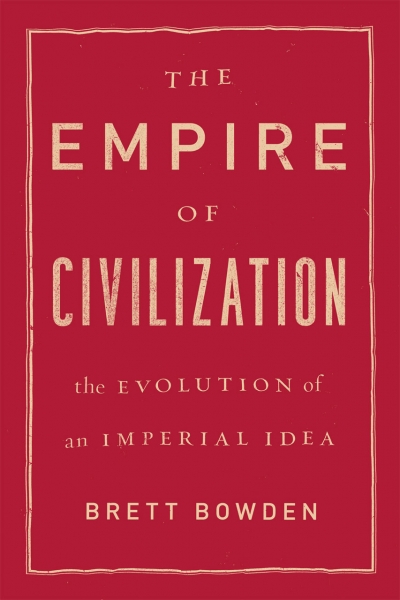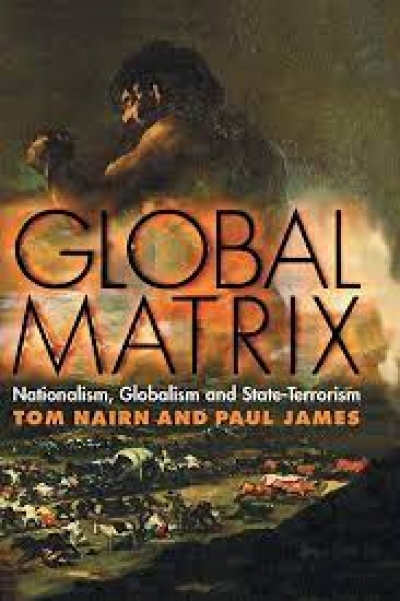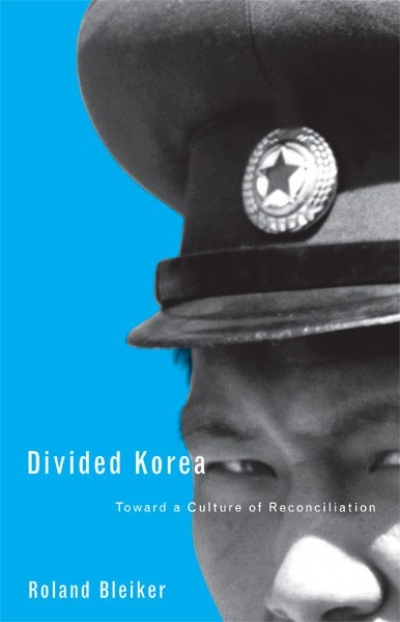We all like to think of ourselves as civilised. Civilisation is like ethics: a concept and an underlying value system that seems impossible to oppose. Who, after all, could possibly be against civilisation? Who would want to take issue with the institutional stability, the democratic order and the standards of fairness, decency and culture we have come to see as hallmarks of a civilised life? Brett Bowden does. He does so in an ambitious and fascinating book that offers what could be called a genealogy of civilisation: an inquiry into the history, meaning and political impact of a concept.
At first sight, a genealogy of civilisation seems a rather dry and academic exercise. Bowden, a political scientist at the Australian Defence Force Academy, University of New South Wales, examines the political and cultural contexts in which the idea and the ideal of civilisation emerged. He locates the linguistic roots of civilisation in fourteenth-century French, but then focuses primarily on how the concept took on an increasingly important meaning in the French, English and German vocabulary during the eighteenth and nineteenth centuries. Although Bowden draws only on English-language sources, he still offers a sophisticated and remarkably wide-ranging discussion of how the concept of civilisation became central to philosophy, legal discourse, scientific progress, socio-political institutions and colonial ambitions.
...
(read more)




